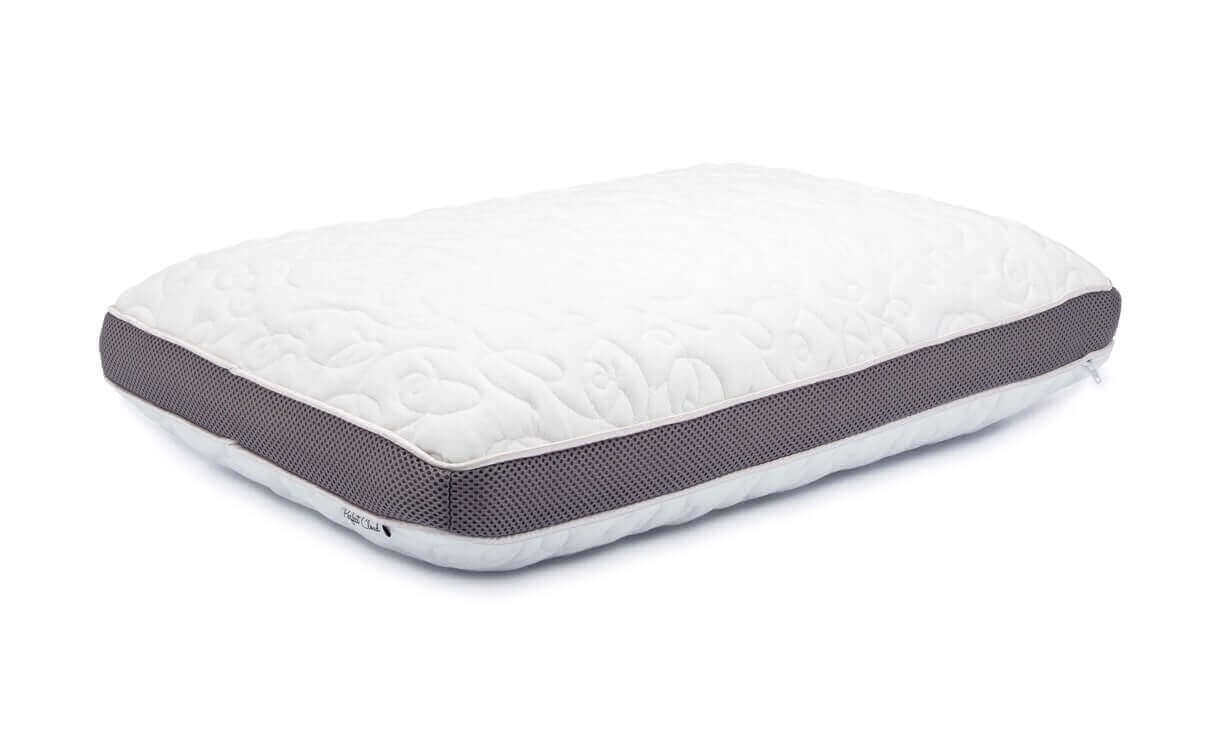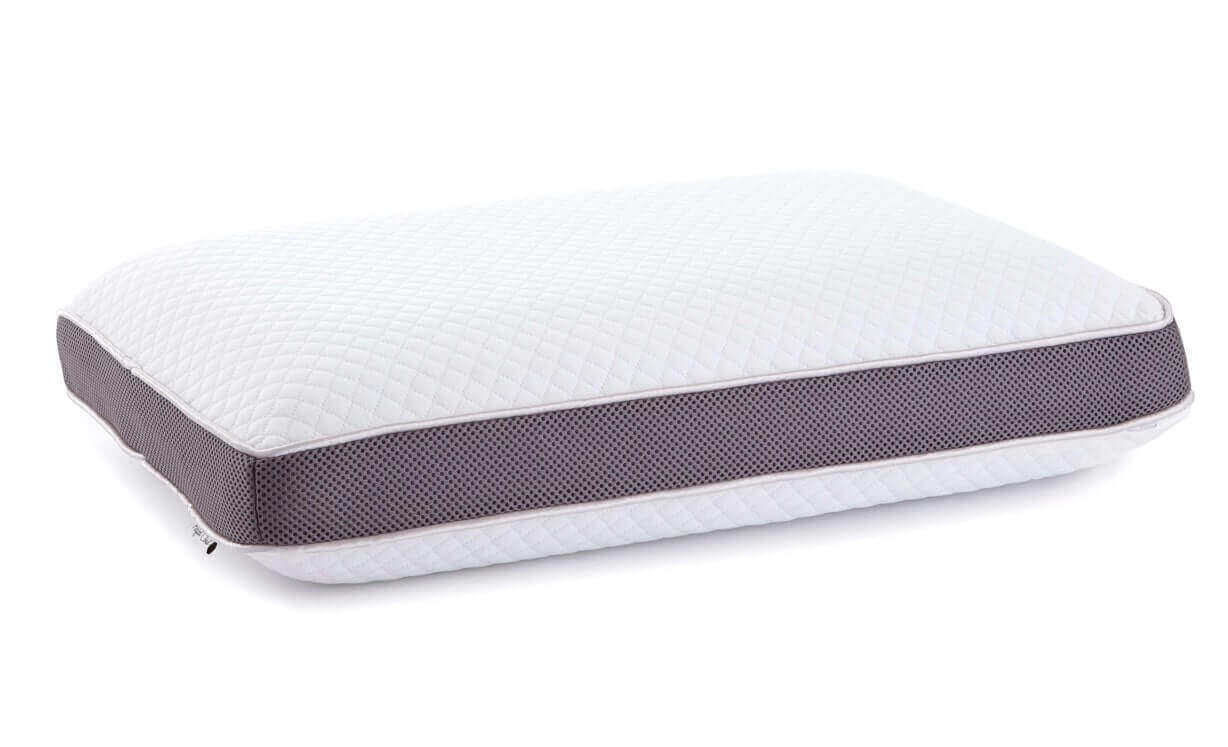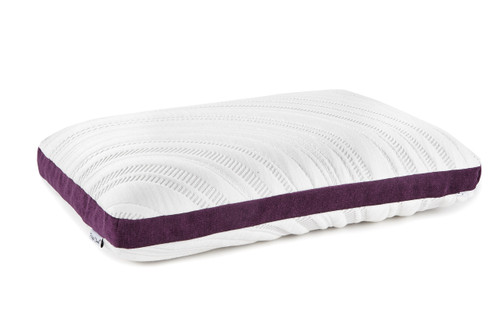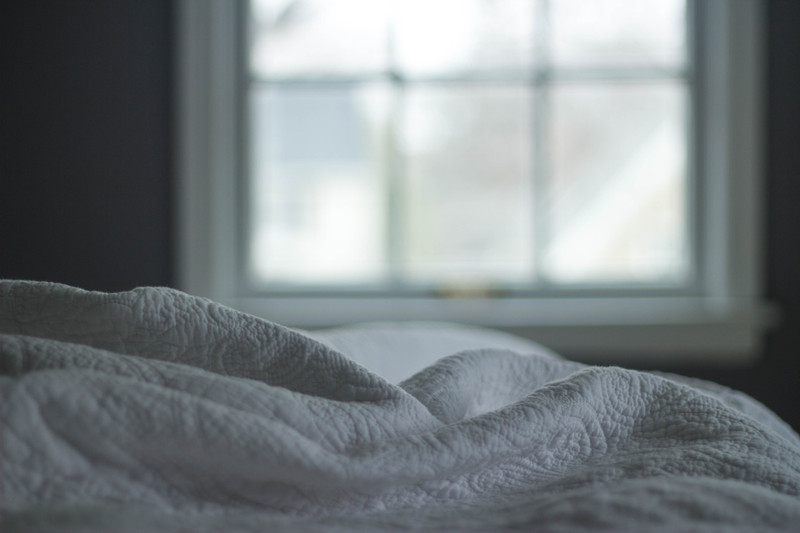Why Cooler Conditions Are Better for Sleep
Posted by Brenton on 14th Jun 2019
What’s the ideal temperature for you to get a good night’s sleep? According to the latest research, most people prefer cooler temperatures. Something between 60 and 67 degrees Fahrenheit is optimal, though of course, some people will prefer even cooler temperatures.
So why is it that people prefer cooler sleeping conditions, and what can you do to achieve those conditions?
Possible Explanations
There are several potential explanations for why cooler sleeping temperatures are ideal for a good night’s sleep:
- Body temperature decreases. One possible explanation is that your body temperature decreases when you fall asleep. Your body enters a kind of hibernating state, with your body functions slowed and your core temperature declining. A cooler room makes it easier for your body to achieve this state, and if the temperature is too high, it will be too hard to achieve it.
- Blanket preferences. If you’re like most people, you like the feeling of having a blanket over your body. It provides some level of support, and gives you a cozy environment. A high temperature means you’ll have to give up the blanket in exchange for a light sheet, or sleep with nothing over you at all—or else face the discomfort of being too hot all night. A cooler room means you can cover up with a blanket and still be comfortable.
- Sweating problems. Sweating is the body’s natural way of cooling itself, and from a biological perspective, it’s highly efficient. However, it can also make you uncomfortable. If the temperature is too high, you’ll sweat profusely, and if you can feel yourself sweating, you probably won’t be able to settle into a comfortable state. On top of that, if you sweat long enough, you can soak through your sheets, your pillow, and your blankets. And of course, sleeping in a wet environment isn’t conducive to a good night’s sleep.
- Heart rate and alertness. There’s a positive correlation between temperature and heart rate. As the temperature of your body and your surroundings increase, your heart rate tends to increase as well. When you’re trying to sleep in a hot room, your heart could be pounding, making you more alert and making you feel more active and excited than usual. A cooler room can naturally slow your heart rate, even if only slightly, lulling you into a state of calm, which is much better for getting to sleep (and staying asleep).
- Melatonin effects. Melatonin is a natural compound produced by the body to facilitate sleep. In fact, it’s often called the sleep hormone. It works together with your natural circadian rhythm as a way to help you determine when it’s appropriate to sleep (as well as when to wake, when to eat, and when it’s appropriate to adjust your body temperature and blood pressure). Melatonin levels naturally rise when it starts to get dark, helping you relax and preparing your body for sleep. However, when the temperature is above 70 degrees or so, your body slows its production of melatonin. This suppression can make it difficult to fall asleep naturally.
It's not exactly clear which of these factors are most influential, or whether they apply to everyone equally. It's likely that all of them play some role in making it harder to sleep when it's warmer.
How to Sleep in Cooler Conditions
For most people, sleeping in a cooler room (or at least feeling cooler) is optimal for a good night’s sleep. So what steps can you take to achieve this?
- Adjust the thermostat. This is the obvious option, and the first one you should try. In summer, turn on the air conditioning and reduce the temperature in your room to 70 or below. In winter, you’ll want to cut back the heat. Different people will have different temperature preferences, so tinker with the settings across several nights and see if you can find the perfect point for your mind and body.
- Invest in a temperature-neutral mattress (or topper). New, high-tech mattresses and mattress toppers have emerged to try and solve the problem of sleeping in a room that’s too warm. If you have the budget, you can replace your entire mattress, or if you’re trying to save money, you could simply invest in a topper. For example, there’s the Gel-Infused mattress topper, which features a gel-infused luxury that helps regulate your temperature, resulting in a temperature-neutral sleeping experience. It’s also made of memory foam, so it offers plenty of support.
- Sleep in a different room. In most homes, different rooms will be different temperatures, even under the same conditions. For example, rooms on higher floors tend to be hotter, since hot air rises. If you find your bedroom is persistently hot, you could try switching rooms; for example, sleeping in your basement will likely result in a cooler sleeping experience.
- Open the windows and use fans. If you’re trying to conserve energy or if your air conditioner isn’t working, you could try opening the window of your room, or using fans to circulate air. Better air flow will help your body cool off more efficiently.
- Take a cool shower. If you’re feeling desperate, or if you wake up in a sweat, you could try taking a cool shower to lower your body temperature. Avoid taking an ice-cold shower, which might increase your heart rate and make you more alert, but a gentle, cool shower will help you beat the heat.
- Use cooling pads. You can also make use of cooling pads to provide a more comfortable, cool sleeping experience. For example, you could chill a cooling pad in the freezer and place it underneath your pillow to ensure your face and head stay cool.
One of the best ways to improve the quality of your sleep is to invest in mattresses, toppers, pillows, and other accessories that can help you stay cool on even the warmest nights. Be sure to check out our full selection of mattresses for more options!











